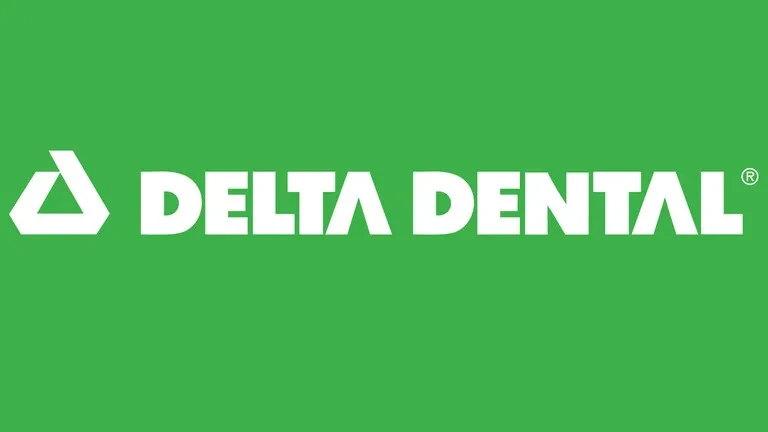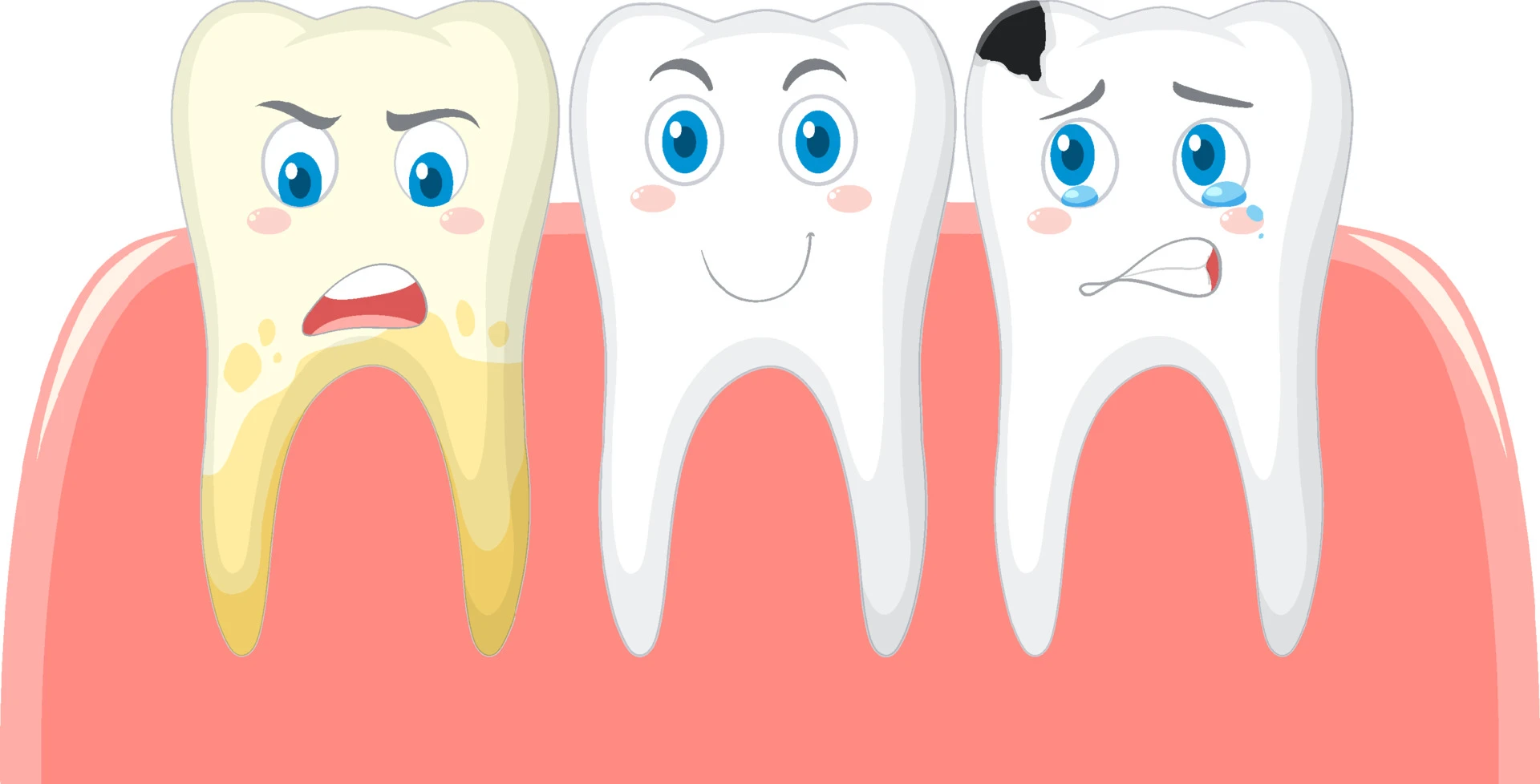Using Medicaid for low-income dental care can be confusing, but it's possible to navigate the system and access care. Here's a breakdown of what you need to know:
Eligibility:
State-based program: Medicaid eligibility requirements vary by state. Check your state's Medicaid agency website or call them directly to determine if you qualify.
Income and resources: Generally, you must have low income and limited resources to be eligible for Medicaid.
Specific groups: Medicaid covers dental care for specific groups, including children under 21 (Early and Periodic Screening, Diagnostic and Treatment - EPSDT), pregnant women, and individuals with certain disabilities.
Coverage:
Limited scope: Medicaid typically covers basic dental services like exams, cleanings, fillings, and pain relief. Coverage for more complex procedures like crowns, bridges, or implants may be limited or unavailable.
State variations: Specific services covered and restrictions vary by state. Check your state's Medicaid agency website or call them for details.
Prior authorization: Some states require prior authorization for certain procedures before coverage is approved.
Finding care:
Medicaid managed care: Many states use managed care plans for Medicaid dental coverage. Contact your state's Medicaid agency to find providers in your area.
Community health centers: These centers often offer affordable dental care to low-income individuals, including those on Medicaid.
Dental schools: Some dental schools offer discounted or free services to patients.
Tips for using Medicaid for dental care:
Ask questions: Don't hesitate to ask your dentist or state Medicaid agency about covered services and any limitations.
Schedule regular appointments: Preventive care can help avoid more expensive problems later.
Keep your records: Maintain copies of your Medicaid card and any treatment plans.
Advocate for yourself: If you encounter any challenges accessing care, contact your state's Medicaid agency or a patient advocate organization.



